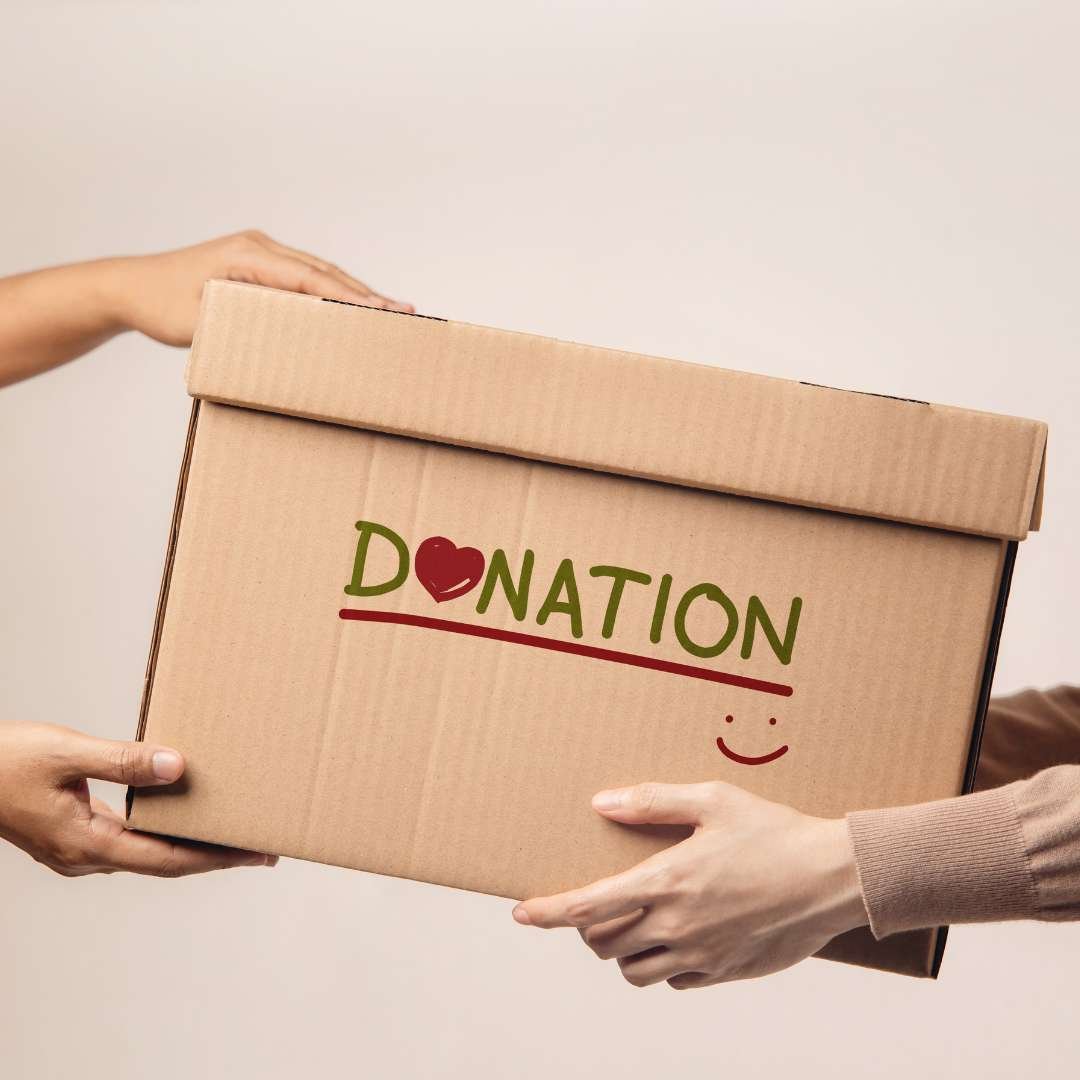Kimha Depischa / Maot Hittim
One of the customs that are observed before Pesah is called “Kimha De’pischa,” which literally means, “flour of Pesah.” In ancient times, everyone would donate a certain measure of flour to the poor people in the community to enable them to bake Masot, the essential component of the Pesah celebration. Nowadays, it is customary to allocate some money for charity, to assist needy members of the community in purchasing their supplies for Pesah.
We suggest you read before making your donation a brief explanation of the Halacha written by Rab Eli Mansour about Kimha De’pischa – Donating Charity to the Poor Before Pesah (YOU WILL FIND IT AT THE END OF THIS PAGE).
We believe that every act of giving, no matter how small, can make a big difference in the lives of those in need. That’s why we don’t have a minimum suggested donation amount – you can give as little as $1 if that’s what your heart tells you. Your donation is a reflection of your generosity, and we appreciate any contribution you can make to help support our efforts in helping the less fortunate.
Wishing you a Healthy Hag Kasher Vesameah!
Description
One of the customs that are observed before Pesah is called “Kimha De’pischa,” which literally means, “flour of Pesah.” In ancient times, everyone would donate a certain measure of flour to the poor people in the community to enable them to bake Masot, the essential component of the Pesah celebration. Nowadays, it is customary to allocate some money for charity, to assist needy members of the community in purchasing their supplies for Pesah.
The Kimha De’pischa donation is a very important Misva, and is in fact codified in the Shulhan Aruch (Orah Haim 429:1). The Hochmat Shelomo commentary writes that if one fails to perform this Misva before Pesah, then he is guilty of falsehood, Heaven forbid. We begin the Maggid section of the Haggadah by proclaiming, “Whoever is hungry may come and eat” (“Kol Dichpin Yeteh Ve’yechul”), but if a person had not provided the poor with what they need before Pesah, then clearly this invitation is disingenuous. Speaking falsely at the Seder is an especially grave offense, for, as the Zohar (Parashat Bo 40b) teaches, God and His “entourage” descend from the heavens to hear us read the Haggadah, and certainly the Almighty will refuse to stay with somebody who speaks falsely. It is thus imperative to donate charity for the poor before Pesah.
The Mishna Berura (Rav Yisrael Meir Kagan, 1839-1933) and Kaf Ha’haim (Rav Yaakob Haim Sofer (1870-1939) note that although Torah scholars are generally exempt from mandatory communal taxes, they are included in the requirement of Kimha De’pischa. Even Torah scholars bear the obligation to ensure that the underprivileged members of the community have what they need for Pesah. The reason for this exception is the ruling of the Rambam (Rabbi Moshe Maimonides, Spain-Egypt, 1135-1204), in Hilchot Yom Tob (chapter 6), that the Misva of “Ve’samahta Be’hagecha” – rejoicing on Yom Tob – includes a requirement to give charity. A person cannot truly experience joy while he knows that there are widows, orphans and poor members of his community who are unable to properly celebrate the holiday. Thus, in order to fulfill the Misva to rejoice on Yom Tob, one must have provided assistance to the poor before the Yom Tob. As such, the requirement to give charity in advance of Yom Tob is one of the laws of Yom Tob, and not part of the standard Misva of charity. Torah scholars are exempt from ordinary charity collections, but they are included in the Kimha De’pischa requirement because this is part of the required observance of Yom Tob, which obviously applies even to Talmideh Hachamim. (Indeed, the Shulhan Aruch codifies the Kimha De’pischa obligation in the context of the laws of Pesah, and not amidst his discussion of the laws of charity in Yore De’a, proving that this requirement is part of the obligations of Pesah, and not part of the standard Misva of charity.)
The Sha’ar Ha’siyun (supplemental notes to the Mishna Berura) adds that this Misva is especially applicable to Pesah, the holiday when we celebrate our freedom. We cannot truly celebrate our status as a free people if there are impoverished members of our nation who cannot afford proper provisions. Specifically before Pesah, as part of our preparations for this holiday, we are obligated to allocate some of our Pesah expenses to assist the poor. Pesah is a costly holiday for everyone, but it is especially so for those suffering financial hardship, and it behooves us to assist them to the best of our ability.
Summary: There is a time-honored custom for communities to collect money before Pesah for distribution among the needy to help them make their purchases for Pesah, and everyone should take part in this important Misva to the best of their ability.
